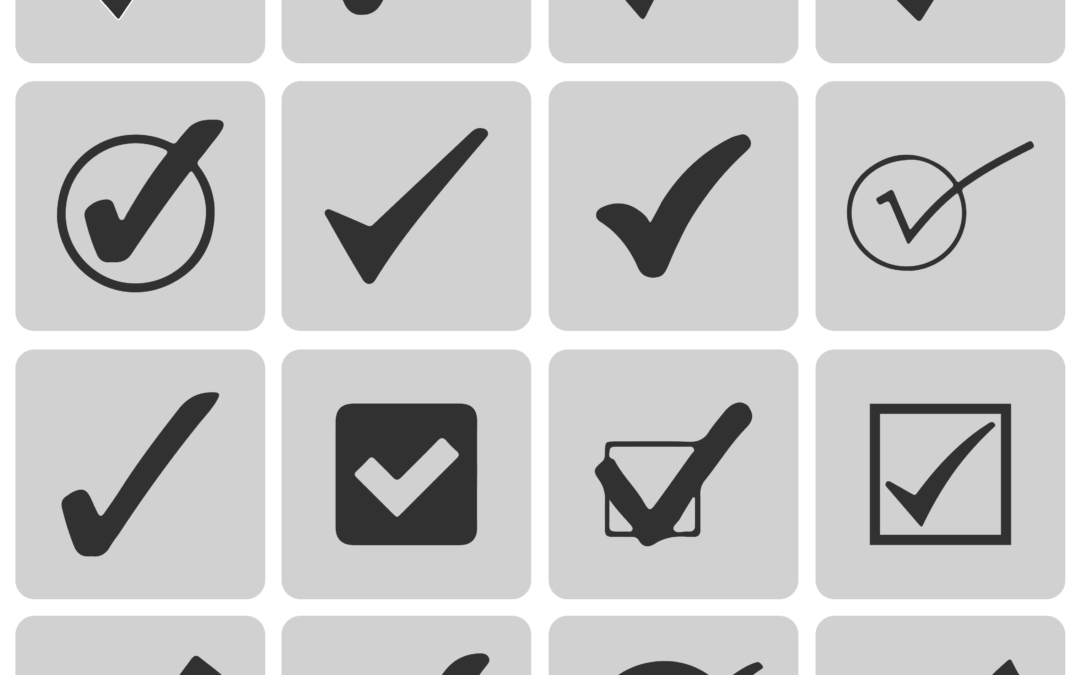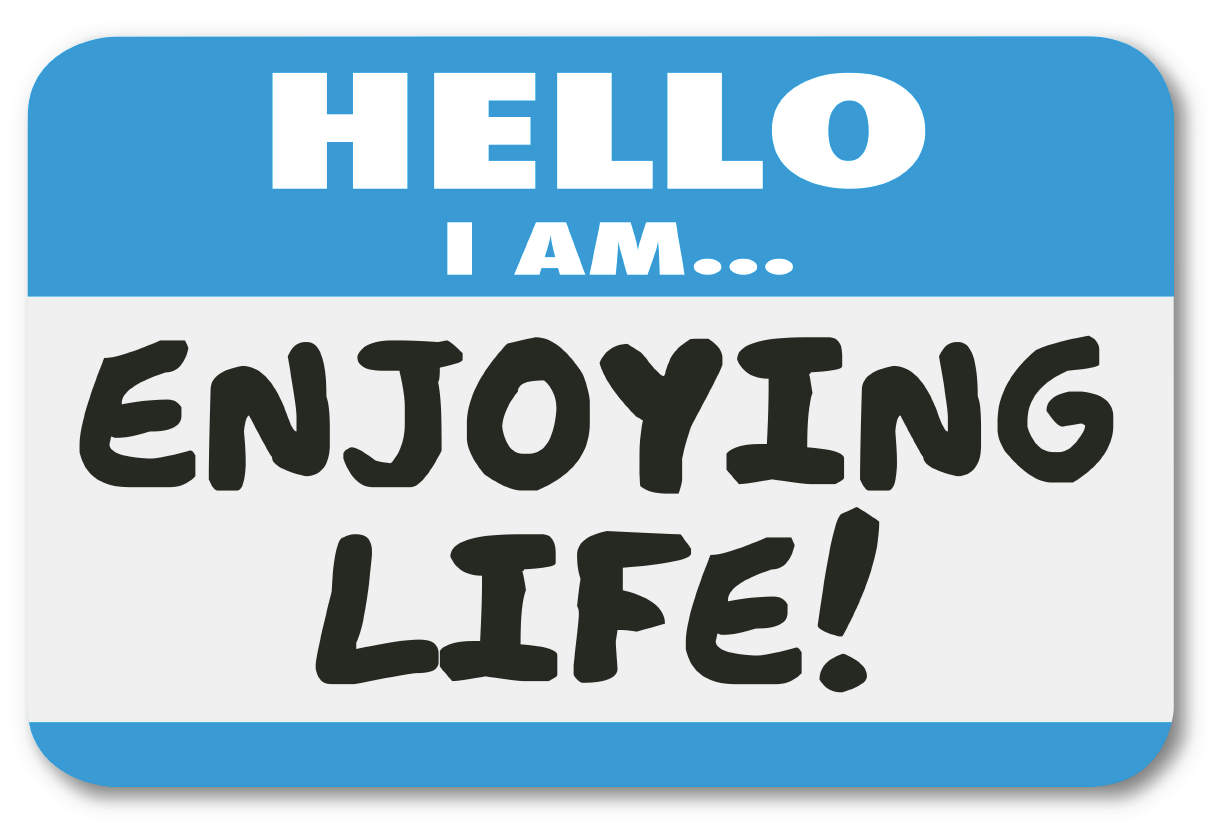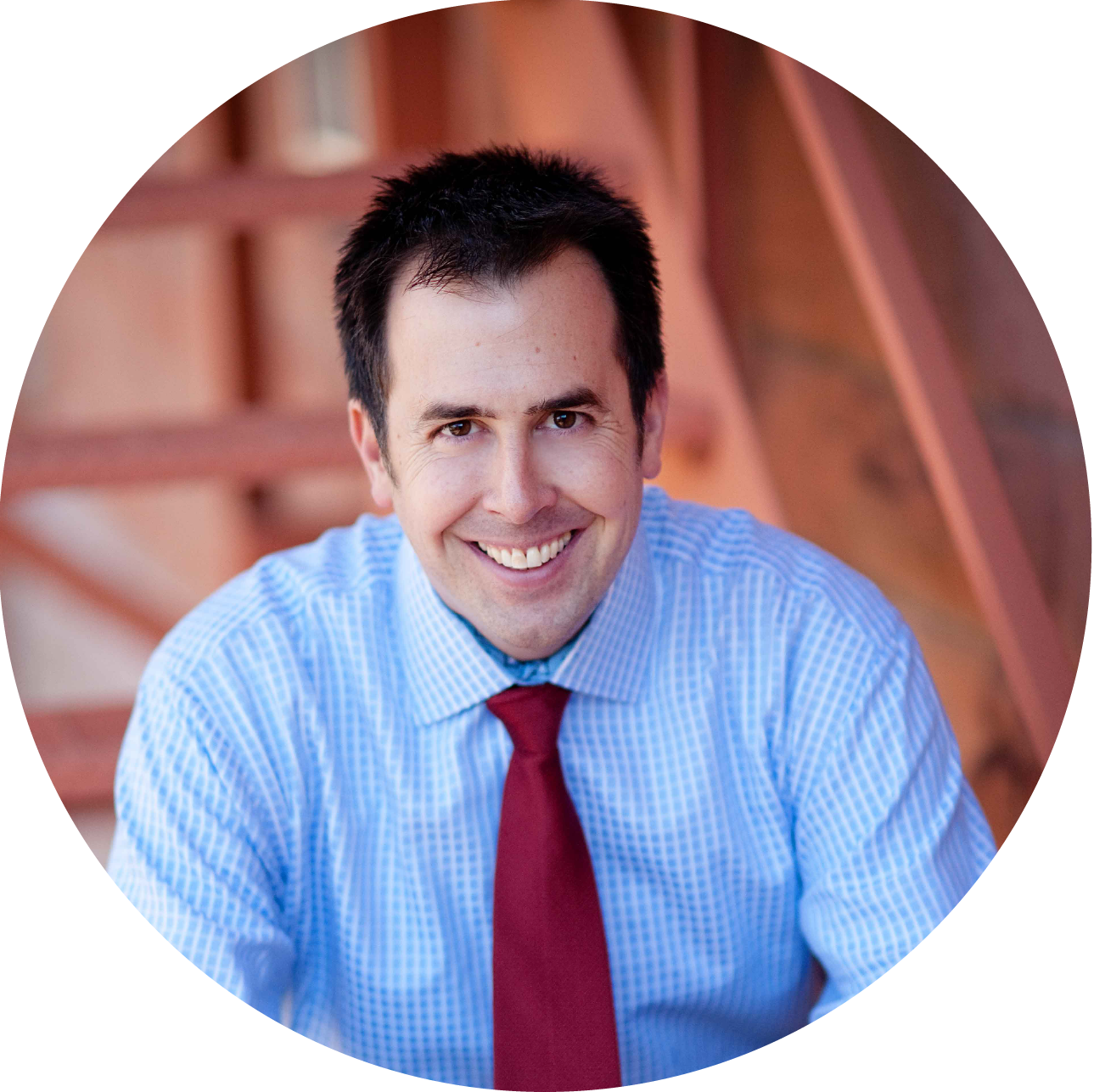We The Box-Checkers: Part I
I’ve been paying a great deal of attention to my students lately. Some may say, “Well it’s about time, Prof. C! I’ve been trying to see you in office hours for weeks.” But, that’s not what I mean. My focus is a bit different. Instead, I am paying more attention my students’ ability to just sit back, relax, take a mental recess, and exhale.
This has been an incredibly tough study because . . . it never happens! And, by never, I mean literally never. After class, people bolt off to accomplish the next item on the to-do list. No one hangs around to chat with me, even for a few minutes. When I run a training session for our Ethics Boot Camp, most people rush to the exits. It reminds me of fans trying to beat the crowd to the parking lot after a Denver Broncos’ game. It’s pulling teeth to get students to stay for one hour at a class dinner. Some literally take their plates of food and leave. They head off to other meetings, to study, or to work on group projects they dread. Our class dinner is a far better experience, but, for some, the experiential part of it all gets lost. Sometimes I want to say, “If you’re going to leave this early, give me my brownie back!” I ask students to bring friends to our speaker events and they tell me that, “everyone is busy.” The reasons why pile up – it’s midterms, it’s finals, Tuesday at noon is a bad time, Thursday at six is a bad time, everyone has lab on Wednesday night. The term “everyone,” as used by students, means something completely different than it does in Webster’s Dictionary.
The whole point of this diatribe is that my students are far busier than they should be or need to be.
The Box-Checking Phenomenon
I care for my students a great deal and, therefore, this phenomenon troubles me. So, seeking answers, we embark upon long classroom discussions about being too busy. This is one of the only times I get their full attention. The responses are predictable, defensible, and somewhat defensive:
- “Professor C, you just don’t understand. If I don’t do all this, then I won’t get into law school. It’s so competitive these days.”
- “Professor C, you just don’t understand. If my resume isn’t compelling I will never get the coveted Goldman Sachs interview. That’s the ticket to a career on Wall Street.”
- “Professor C, you just don’t understand. Everyone around here is super-involved, and we just function better that way.”
- And the maddening . . . “Professor C, you just don’t understand. If I don’t get A’s my parents will kill me and / or I won’t meet my academic goal of a 4.0.”
To reiterate, these are defensible positions. Stronger resumes and plenty of time studying certainly can lead to grad school admissions, careers on wall street, and higher grades. And so, to-do lists grow and grow. There is always another thing to do, another group to join, more homework, different resume building opportunities.
These observations have led me to two important conclusions:
- Very little of this work is being done well. How could it? People can only focus on so many things and stay awake for so many hours each day; and
- There doesn’t seem to be a lot of joy in the journey. How could there be? It’s beyond disappointing to accomplish a handful of important tasks just to see more and more appear. It’s discouraging to half-ass projects when you know you could have done better.
This all reminds me of the higher levels of Tetris where the blocks just keep falling faster and faster until one inevitably crashes to the ground. That sucks because it takes so long to get to that level. Oh, the stress of Tetris. It all adds up to this counterproductive formula:
I will do a ton of stuff relatively poorly while running myself into the ground in the process. And, for all this work, I receive a padded resume with little to back it up in terms of foundational experience, memories, or knowledge.
If you don’t believe me, ask a young person how much they remember from a class just two weeks after it ends. My guess is, “very little.” And, that’s true even if they received an A. This is because these classes are generally a means to an end (which is a good grade). Furthermore, very few alums come back to me proud they are implementing skills they learned in their many college clubs or group projects. The subject never comes up.
How Do We Allow This To Happen?
This happens because we have become a society of box-checkers – and not in a good way. Let’s face it, it’s not just my students. Americans in general have become a bunch of box-checkers, constantly seeking the next achievement on the list. Please keep in mind that having high goals in life is a great thing. It’s just that the ways we go about achieving them is flawed. Here’s how:
- When we’re little there is always something to do. We wake up from our care-free dreams and it’s a mad dash to morning swim lessons, to school, to soccer practice, to piano lessons, to dinner, to do some chores, to finish homework, and then to bed. Wake up . . .
- When we’re in high school the intensity multiplies because now our resume starts to matter. We believe the only way to get into college is to do everything. We must rise above our competitors. That means better grades, more extracurriculars, different and differentiating work, and volunteer experiences – all at the same time. How else can we impress the admissions and financial aid committees? The college admissions process is a shark-filled lagoon.
- When we’re in college the intensity multiplies because now we need to get into graduate school or obtain a good job. We believe the only way to make this happen is to maximize a GPA, plow tons of time into clubs and other resume-building ventures, get a great internship, study like crazy for the MCAT, GRE, GMAT, LSAT, find solid letter of recommendation writers, and begin to network – all at the same time. Today’s college experience resembles a sprint that never ends. The faster students can accomplish their goals (get an A, add something to the resume, network with a business executive . . . check a box), the better. This way, you see, it becomes much more likely that they will arrive at the good jobs and grad schools faster than their peers. But, my students have no way to judge what their peers across the country are doing. The only way to keep up with this lack of information is to go all out.
- When we’re in the working world the intensity multiplies because now we want to move forward, particularly upwards. At this point, family pressures begin to take up a ton of time. We believe professional success requires a huge network, plenty of non-profit work, tons of hours at the office, and giving 110%.
- When we retire this is all supposed to get better. But, retired people say to me all the time, “Corey, I’m, just so busy.”
That last sentence really describes the problem. We are “just too busy.” So, here’s a solution to the box-checking dilemma. STOP IT. This ends Part I. Part II, tomorrow, presents a compelling argument that you can get to almost all the places you want to go by checking fewer, but more meaningful, boxes. Come back and see how.
- Check out COREYSPEAKS.COM for more on popular keynote speaker Corey Ciocchetti. Corey has keynotes on happiness, integrity, ethical leadership, ethical decision-making, morale, stress reduction, and professionalism. Corey has spoken in 44 states and over 250 cities since 2007.
- Check out Corey’s other cool ethics blog posts on LEADERSHIP and HAPPINESS – you won’t regret it.
- Corey’s new book, INSPIRE INTEGRITY: CHASE AN AUTHENTIC LIFE is available now!





